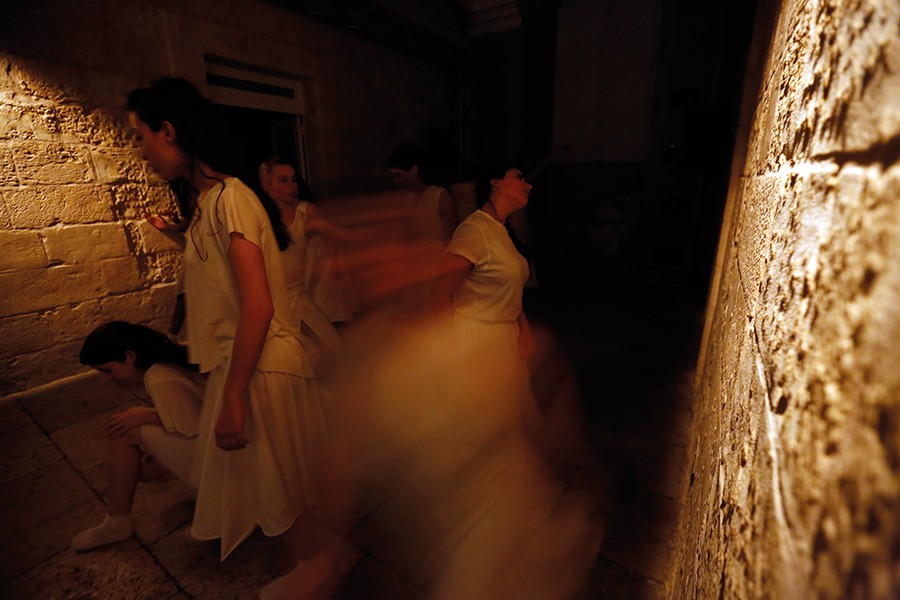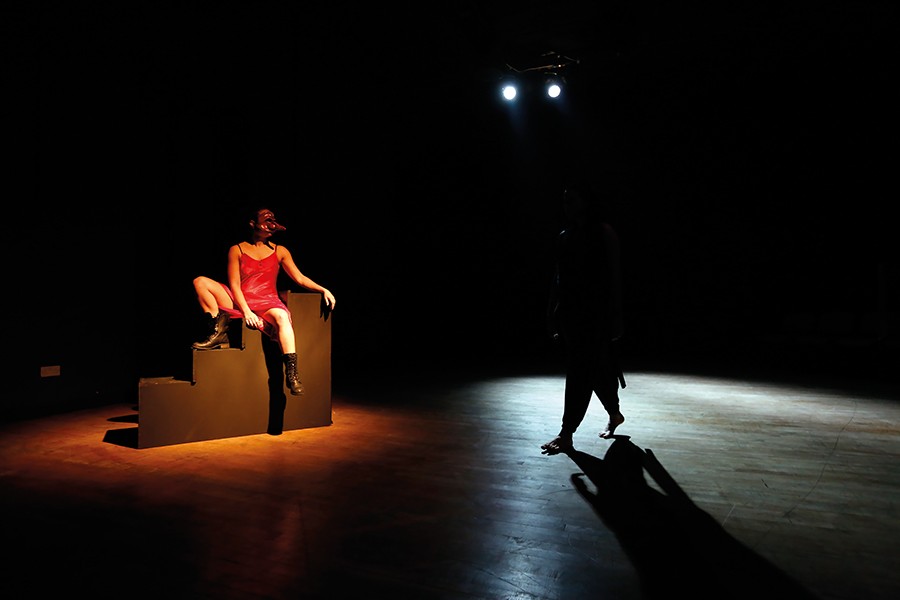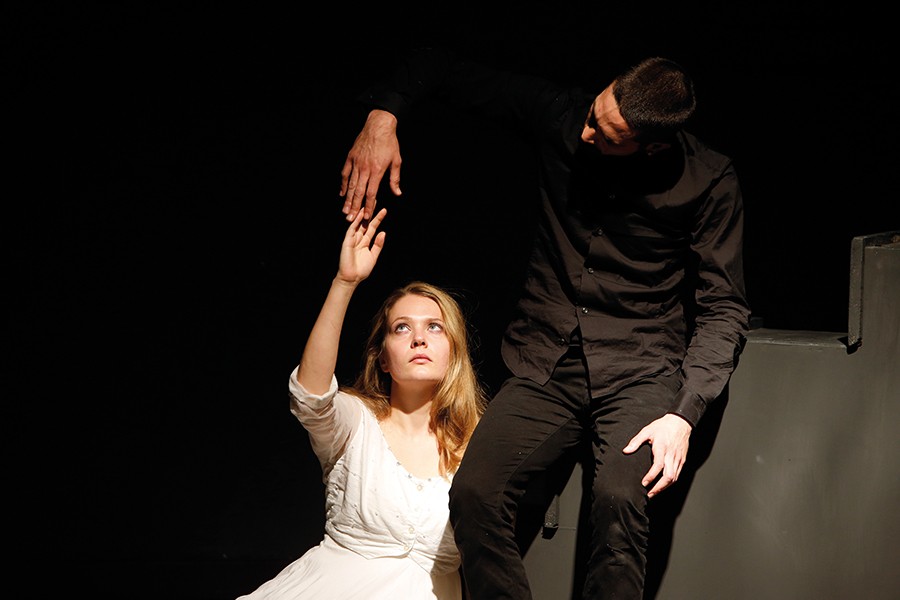Theatre, dance, and music are changing at the University of Malta. Recently, three new research groups were launched by the School of Performing Arts (SPA) with the aim of bridging different disciplines through the development of shared work processes and research areas. Through interdisciplinary research, these groups want to look outwards towards new concepts.
The groups cover three themes. First, ‘Twenty-first-Century Studies in Performance’, which is committed to the locating, reimagining, and development of performance practices in the 21st century. Second, ‘Culture and Performance’, which is guided by the premise that culture and performance refer to complexities that emerge from the multitude of phenomena these terms describe. Third, ‘Performing Arts Histories and Historiographies’, which investigates and archives material related to historical events across the performing arts. These themes are possible thanks to a web of local and international collaborations, ranging from the Digital Arts and Humanities to Cognitive Science and Intelligent Computer Systems.
These new research platforms seek to facilitate dialogue between scholars and practitioners, academics and citizens.

White
White is a performance about space, or the absence of it.
Once upon a time, characters were in search of an author. Today they are in search of a space. The characters, played by the students of the School of Performing Arts at the University of Malta, are lost in a corridor in-between places. Around them all is empty. A void. Like a vault, all they have is White!
Photo: Darrin Zammit Lupi

A devised performance created by the students of the School of Performing Arts, University of Malta
MITP
Photo by Darrin Zammit Lupi





Comments are closed for this article!